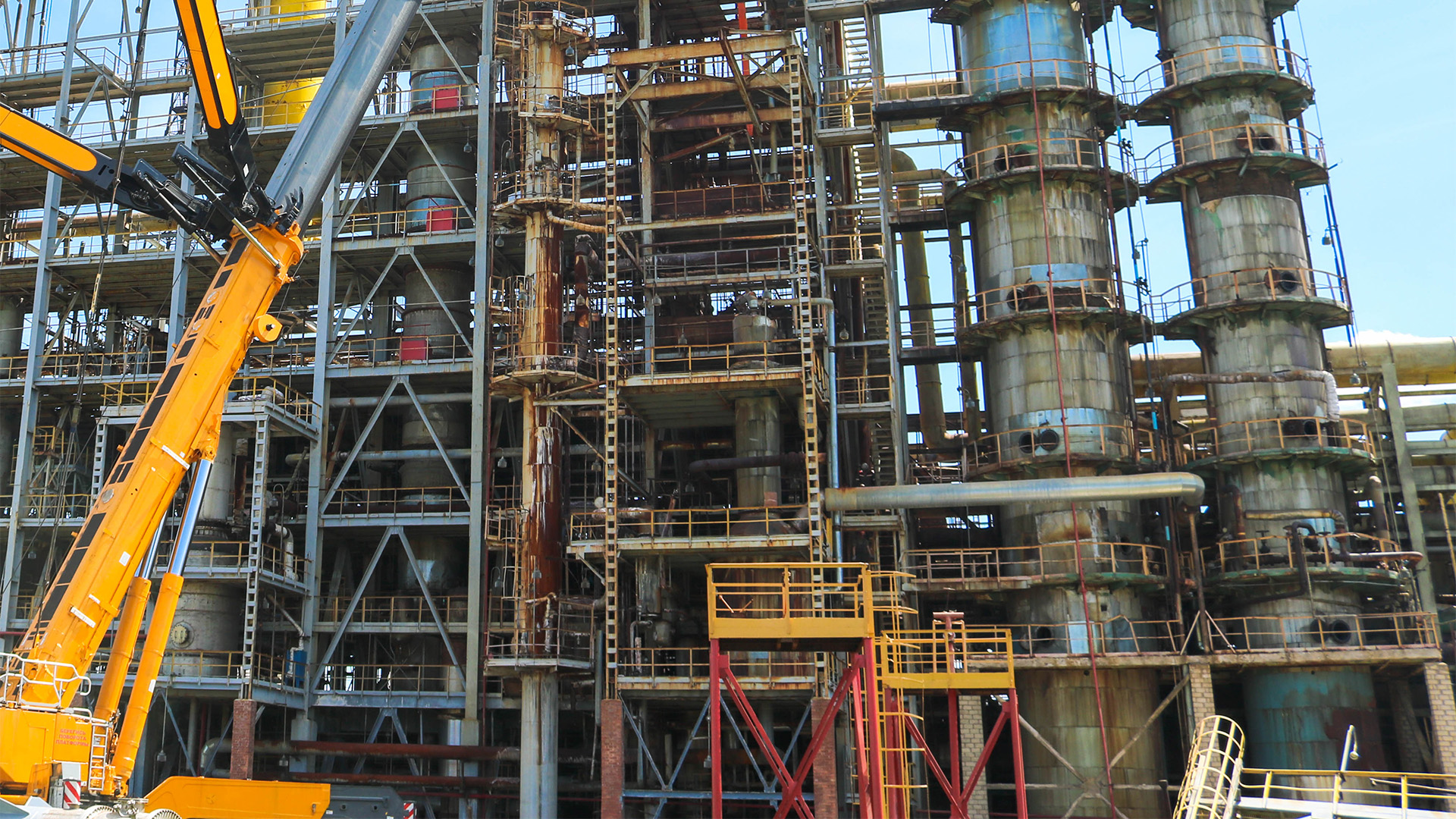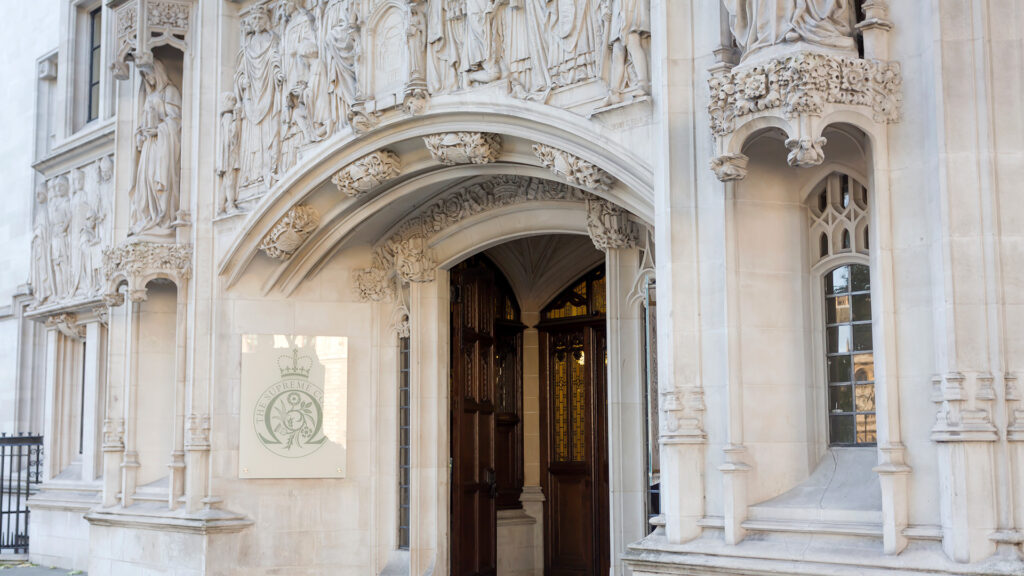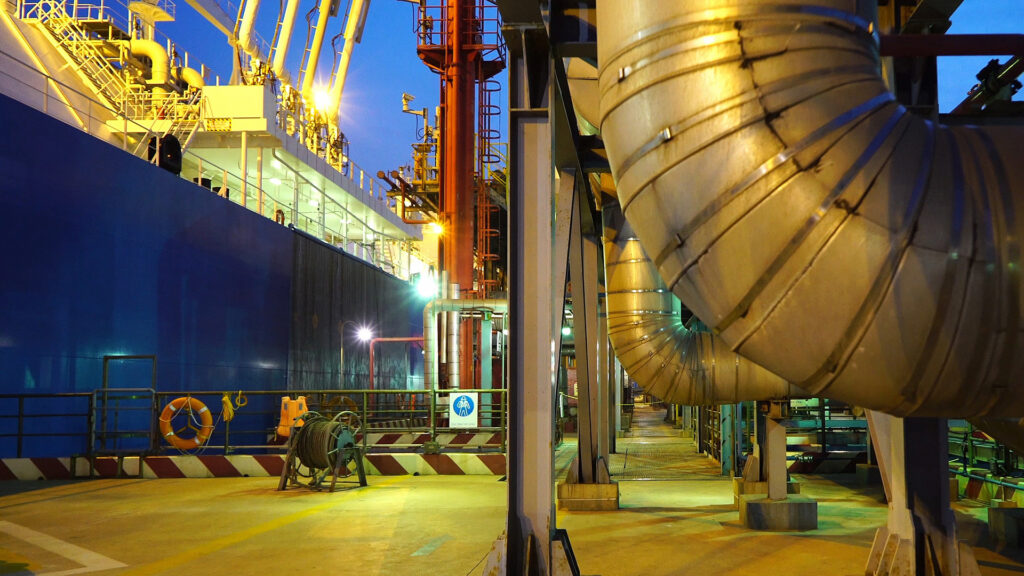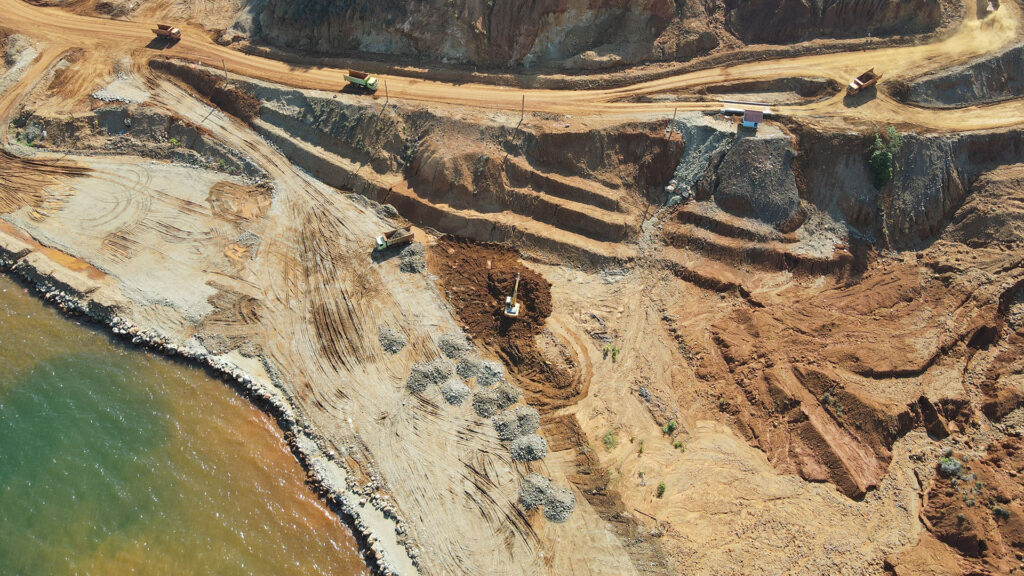

EU16 and the Russian Construction Prohibition – A Spanner in the Works?
Earlier this year, the European Union (EU) adopted its 16th sanctions package against Russia (EU16),1 which introduced a prohibition on providing construction services to Russia.
In this article, we explain the scope of this prohibition and outline the steps that construction companies should now take in light of the latest guidance.
The Prohibition
The EU has prohibited the provision of certain professional services to Russia since December 2022. EU16 expanded the scope of the prohibited services to include construction services as follows:2
‘2. It shall be prohibited to provide, directly or indirectly, construction…services to:
(a) the Government of Russia; or
(b) legal persons, entities or bodies established in Russia.’3 (the Prohibition)
As with other prohibited professional services, construction services are defined in guidance by reference to the original United Nations’ Central Products Classification (CPC).4 “Construction work” includes the following categories:
- pre-erection work at construction sites
- construction work for buildings
- construction work for civil engineering
- assembly and erection of prefabricated constructions
- special trade construction work
- installation work
- building completion and finishing work; and
- renting services related to equipment for construction or demolition of buildings or civil engineering works, with operator.
Various ancillary services to construction are also prohibited, including financing and financial assistance,5 and technical assistance in relation to construction services.6 The prohibitions on the provision of ancillary services are likely to restrict the provision of project finance, issuing performance bonds, providing certain consultancy services, and providing technical know-how and advice on the use, repair and maintenance of equipment.
When Does the Prohibition Apply?
EU Jurisdiction
The Prohibition will apply directly to companies subject to EU jurisdiction, including EU incorporated companies and non-EU companies operating within the EU.
EU employees of construction companies will also need to comply irrespective of where they are working or whether their employer is itself required to comply with EU sanctions e.g. an EU national working for a Middle-East company will be required to comply with the prohibitions and may face personal exposure if they do not do so.
The prohibition on ancillary services may also mean that compliance with the Prohibition is contractually required of non-EU companies by the terms of their financing or insurance.
Meaning of “legal persons, entities or bodies established in Russia”
Although there is no specific guidance on the construction services prohibition, the circumstances in which it is likely to be engaged (and in particular when such services will be deemed to be being provided to a “legal person, entity or body in Russia”) can be gleaned from wider EU guidance on the sanctions relating to professional services as follows:7
SCENARIO 1 – An EU company wants to provide construction services to its Russian parent company.
Prohibited. EU subsidiaries cannot provide construction services to a Russian company.8
SCENARIO 2 – An EU company wishes to provide construction services to the non-Russian branch of a Russian company.
A non-Russian branch is not a separate legal personality from its parent company and such activities would therefore be prohibited.9
SCENARIO 3 – An EU company wants to use a non-Russian outsourced company (or a third-country subsidiary) to provide construction services to a Russian company.
This would breach the Prohibition. An EU company cannot use an outsourced company10 or a third-country subsidiary to provide construction services to a Russian company.11
SCENARIO 4 – An employee (an EU national or individual located in the EU) wishes to provide construction services to their Russian employer.
The employee would generally be prohibited from providing construction services to their Russian employer.12 However, construction services can be provided by an EU national, resident in Russia before 24 February 2022, provided the services are solely for their Russian employer who is owned or controlled by a company incorporated in the EU, European Economic Area, Switzerland or a partner country,13 which includes the UK, US, and Japan.14
Exceptions to the Prohibition
Some limited exceptions apply to the Prohibition, including the provision of construction services necessary to prevent serious events to human health,15 or by EU employees of companies established in Russia that are owned by an EU or partner country parent company.
EU member states may also authorise the provision of construction services, in limited cases, such as where this is necessary for proscribed reasons including completing civil nuclear facilities16 or to authorise the continuation of construction services in order that these are wound down by 31 December 2025. Importantly, this is not an automatic exception and depends upon individual licences being issued by the relevant EU Member State’s competent authority.
Comparison with the US and UK
The Prohibition goes further than similar services related prohibitions imposed by the UK and US. In the US, whilst the “exportation, reexportation, sale, or supply” of similar services are prohibited (such as the provision of architecture or engineering services)17 construction services are not themselves restricted. This is also the UK position (where it should also be noted that the supply of various plant, machinery and tools is also heavily restricted).18 Whether this difference continues remains to be seen.
Recommended actions
While the Prohibition does not impose specific obligations in respect of ensuring compliance, we recommend that construction service providers (and those providing ancillary services caught by the Prohibition) should take proactive steps to avoid breaching the Prohibition and mitigate risks.
Understand your business and group operations – Companies with operations in Russia or with Russian counterparts need to understand their company structure to assess whether the Prohibition restricts operations, particularly where services are provided on an intragroup basis.
Assess your exposure – Risk assessments should be carried out on existing contracts and projects to identify where the Prohibition may be engaged by your activities. Where potential exposures are identified, steps should then be taken to ensure compliance with the Prohibition, potentially including the termination or suspension of works.
Project due diligence and monitoring – Additional due diligence and sanctions screening should be undertaken to ensure any construction services or the ancillary services caught by the Prohibition are not ultimately provided to a Russian company or person, or the Russian Government, without an applicable exception.
Implement adequate systems and control frameworks – Clear systems and frameworks should be in place to ensure compliance and records are kept of steps taken to comply with the Prohibition. Internal policies and procedures should then be updated to ensure compliance with the Prohibition. Training on the changes to these policies and procedures should be provided to staff, especially those at particular risk of breaching the Prohibition (e.g. contract managers and commercial tendering teams).
Check your contract templates – Review existing terms and conditions or other templates and ensure future agreements contain appropriately worded sanctions clauses, with:
- Sufficient warranties confirming construction services (or ancillary services) are not for the benefit of a Russian company.
- Flexibility to suspend/terminate should performance of any obligation lead to the risk of breaching sanctions.
- Include provisions in the contract to safeguard against cost increases of materials due to sanctions being imposed.
The above steps should, of course, be performed in addition to your usual sanctions compliance processes.
Footnote
- EU adopts 16th sanctions package against Russia.
- Council Regulation (EU) No 833/2014 of 31 July 2014 concerning restrictive measures in view of Russia’s actions destabilising the situation in Ukraine, as amended (the EU Russia Regulation), Article 5n(2).
- Ibid.
- Frequently asked questions on provision of services concerning sanctions adopted following Russia’s military aggression against Ukraine, Question 40 of the FAQs on the Provision of Services.
- Frequently asked questions on provision of services concerning sanctions adopted following Russia’s military aggression against Ukraine.
- Frequently asked questions on provision of services concerning sanctions adopted following Russia’s military aggression against Ukraine.
- Frequently asked questions on provision of services concerning sanctions adopted following Russia’s military aggression against Ukraine.
- Ibid, Question 6.
- Ibid, Question 12.
- Ibid, Question 5.
- Ibid, Question 36.
- Ibid, Question 7.
- The EU Russia Regulation, Article 5n(8a).
- Ibid, Annex VIII.
- Ibid, Article 5n(8).
- Ibid, Article 5n(10).
- OFAC Determination pursuant to section 1(a)(ii) of executive order 14071 – Prohibitions Related to Architecture Services and Engineering Services.
- The Russia (Sanctions) (EU Exit) Regulations 2019, as amended, Reg. 54C(1).












